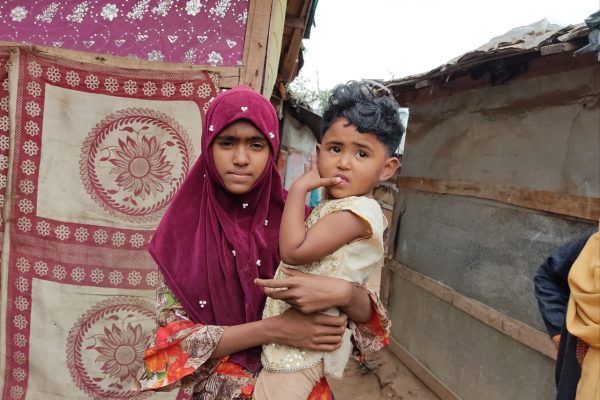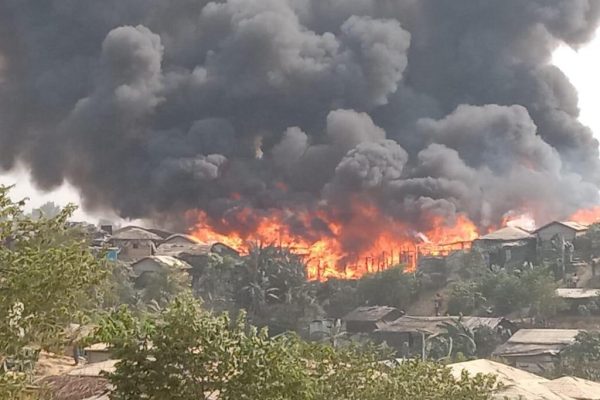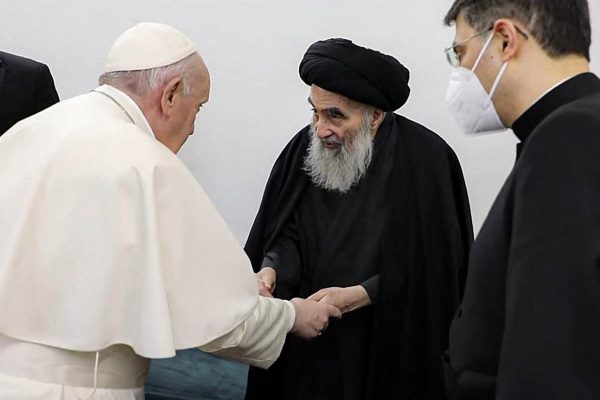“They are our brothers and sisters.”
“They are our brothers and sisters.”
Pope Francis delivered an appeal asking for prayers for the Rohingya Muslims in Myanmar in his weekly General Audience. The Rohingya are persecuted for their faith and are being forced to flee their homes. In his appeal, he indirectly spoke of the Burmese military’s ongoing onslaught of the Rohingya.
In his address, he asked those present to join him in prayers “for our Rohingya brothers and sisters who are being chased from Myanmar and are fleeing from one place to another because no one wants them.”
[iframe id=”https://www.facebook.com/plugins/video.php?href=https%3A%2F%2Fwww.facebook.com%2Fthemuslimvibe%2Fvideos%2F741434356011568%2F&show_text=0&width=560″]
“They are good people. They are not Christians, they are peaceful people, they are our bothers and sisters and for years they have been suffering. They are being tortured and killed, simply because they uphold their Muslim faith.”
This appeal comes a week after the UN Human Rights flash report that details allegations of murder, rape and abuse at the hands o the Burmese military.
“The devastating cruelty to which these Rohingya children have been subjected is unbearable – what kind of hatred could make a man stab a baby crying out for his mother’s milk. And for the mother to witness this murder while she is being gang-raped by the very security forces who should be protecting her,” said UN High Commissioner for Human Rights, Zeid Ra’ad Al Hussein.
[iframe id=”https://link.brightcove.com/services/player/bcpid1722935254001/?bctid=5309217487001&autoStart=false&secureConnections=true&width=480&height=270″]
She has called for the international community to come together against the government of Myanmar to “immediately halt these grave human rights violations against its own people, instead of continuing to deny they have occurred.”
Read more about the plight of the Rohingya here:
The history of the Rohingya Muslims and the development of their plight
Rohingya Muslims: Why does statelessness persist in the world today?





